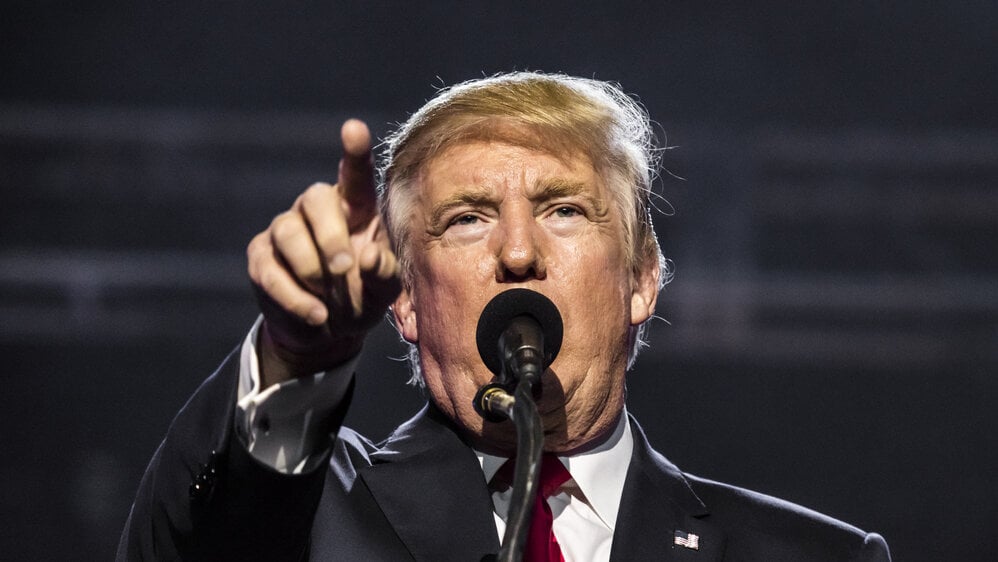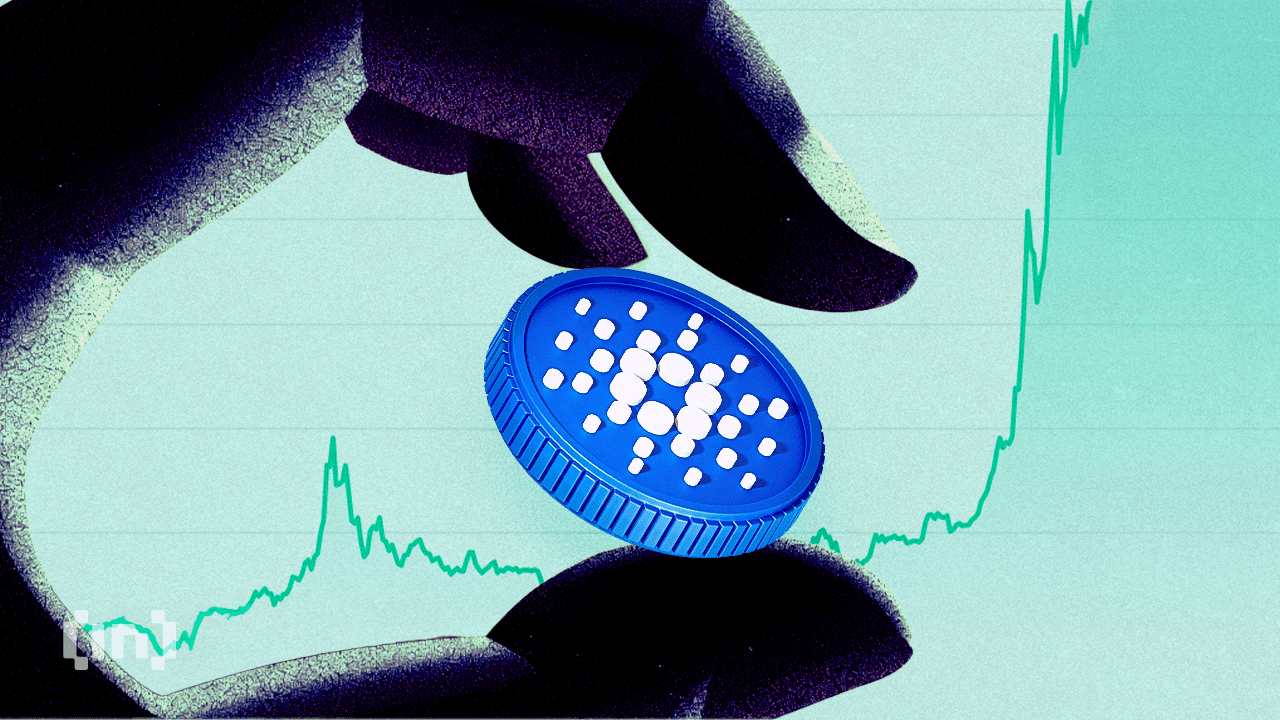South Korea Implements Strict Crypto Regulations: 80% of Assets Must Be Held in Cold Storage
South Korea has introduced its first comprehensive set of cryptocurrency regulations aimed at safeguarding investors in the nation’s burgeoning digital asset market. These new measures, known as the Protection of Virtual Asset Users (PVAU), require Virtual Asset Service Providers (VASPs) to adhere to stringent standards, significantly reshaping the landscape of crypto exchanges in the country.
VASPs Must Hold 80% of Assets in Cold Storage
Under the PVAU framework, VASPs are now mandated to hold at least 80% of users’ digital assets in cold storage. This requirement is designed to minimize the risk of asset loss due to hacking or other security breaches. Cold storage, which keeps assets offline, is considered one of the safest methods for storing digital assets.
Financial Safeguards and Customer Fund Protection
The Financial Services Commission (FSC) has introduced additional measures to protect investors. Credible financial institutions will be designated to handle fiat deposits for VASPs, ensuring that customer funds are securely managed. Furthermore, VASPs must segregate customer funds from their own operational funds and invest them in risk-free assets to generate a yield. This ensures that in the event of a VASP bankruptcy, customers can be directly reimbursed by the financial institutions.
Response to Past Collapses and Insurance Requirements
The introduction of these regulations is a direct response to the catastrophic collapses of Terra-Luna and FTX, which resulted in significant financial losses for investors globally, including in South Korea. To prevent similar incidents, VASPs are now required to have insurance or reserve funds to cover potential damages from hacks or liquidity crises.
Also Read: The Rise and Fall of FTX: A Cryptocurrency Exchange’s Dramatic Journey
Enhanced Monitoring and Restriction Measures
In addition to asset storage and financial safeguards, the PVAU includes provisions for VASPs to restrict user deposits and withdrawals under certain conditions. This aims to offer greater control over irregular activities and protect the integrity of the market.
Real-Time Transaction Monitoring
The Financial Supervisory Service (FSS), the executive arm of the FSC, has established a real-time monitoring system in collaboration with cryptocurrency exchanges. This system, which covers 99.9% of the country’s crypto trading volume, is designed for the constant monitoring of abnormal transactions. Any detected irregularities must be reported to the FSS via a dedicated data transmission line.
Major Exchanges Comply with New Regulations
As of early July, 29 crypto exchanges, including prominent names like Upbit, Bithumb, Coinone, Korbit, and Gopax, have registered with the FSS regarding these new regulations. This marks a significant step in ensuring compliance and enhancing the security of South Korea’s cryptocurrency market.
Postponement of Crypto Gains Tax
The recent regulatory measures coincide with South Korea’s Ministry of Economy and Finance’s decision to delay the 20% crypto gains tax, originally set to be implemented early next year. The ruling party is reportedly considering postponing this tax until 2028, providing further clarity and stability for investors in the interim.






